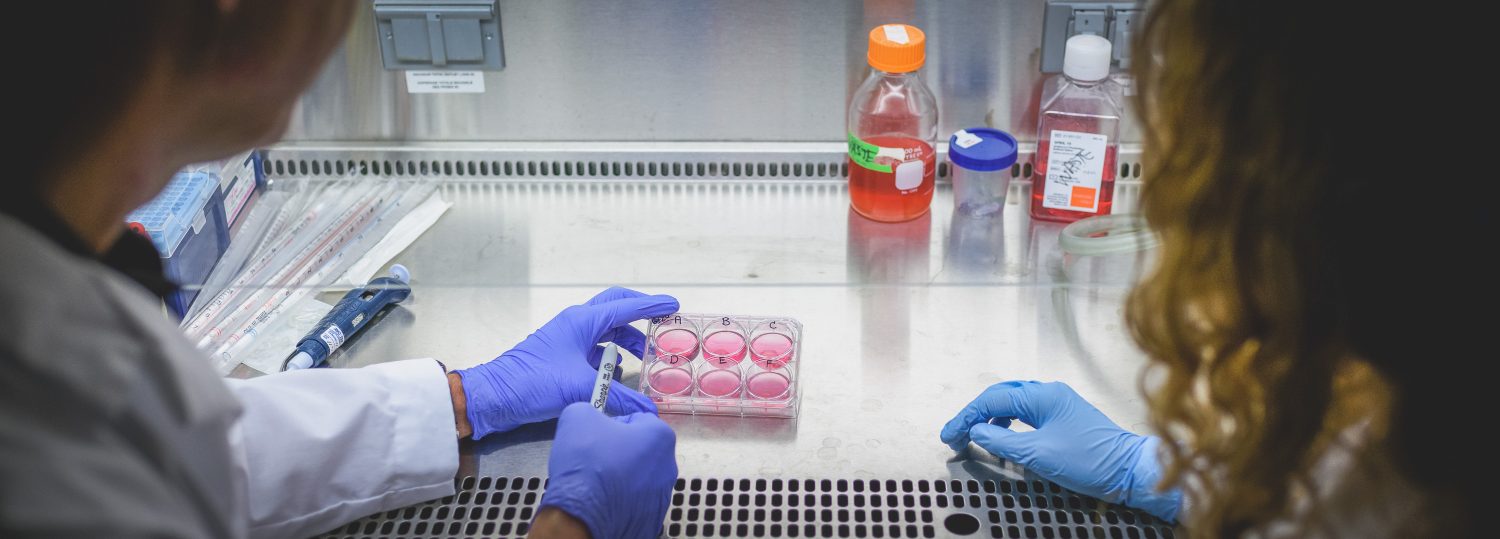
Ocular Therapeutics
The Gilger Lab has extensive experience partnering with pharmaceutical companies to develop and test treatment options for ocular disorders. To date, we have developed and evaluated sustained-release ocular drug delivery devices, gels, and polymers.
Specifically, our work has included:
- development and evaluation of sustained ocular drug delivery devices for the treatment of immune-mediated eye diseases;
- evaluation of mechanisms (with a focus on sustained-release ocular gels and hydrogels) for sustained drug delivery for glaucoma treatment; and,
- ocular pharmacology of topical drug delivery, anti-fungal drugs; and, anti-inflammatory drugs.
- assessment of ocular toxicology – including clinical examinations and imaging
- development of depth defined, ocular micro-needles for precise and focussed ocular delivery of therapeutics, including small molecules, cell therapy, and gene therapy.
Ocular Gene Therapy
We also have experience with gene therapy. Our lab is currently collaborating with Dr. Matt Hirsch at the UNC Ophthalmology and Gene Therapy Center to study ocular surface gene therapy, including:
- develop innovative gene-addition therapies to treat immune-mediated ocular disease and prevent of corneal transplant rejection;
- develop gene therapies for dry eye;
- evaluate the effectiveness of using gene therapy to treat ocular complications of orphan diseases such as MPS-1; and,
- combined gene and cell therapies (using mesenchymal stem cells) for innovative and novel treatment of ocular immune-mediated disease, including non-infectious uveitis and immune-mediated keratitis.
The Gilger Lab has significant experience in both in vitro and in vivo models of ocular disease.

Hirsch Lab Summer 2018
